Healing intergenerational trauma requires us to understand what is intergenerational trauma. If you want to know how to stop intergenerational trauma or overcome it, then you need to understand its realness and impact of it. Let’s find out how you can work towards healing generational trauma.
Intergenerational trauma is a theory that states that trauma can be transferred from the first generation of trauma survivors to the second and further on.
Intergenerational trauma
Some years ago, as I was reading a review of “Lost in Transmission: Studies of Trauma across Generations”, a compilation of essays edited by Gerard Fromm.
What caught my attention was the mention of a Fifth Avenue sidewalk Santa who had observed how the cheer of the holiday season was continuously being shrouded by a darker cloud, as parents gripped the hands of their little children with ferocious protectiveness.
While mentioning this, it’s also equally important to mention the context. This was right after 9/11 and Maurice De Witt, unusually observant even in his Santa costume, had caught on to a theme of stress and anxiety.
Related: Can We Inherit Trauma Genetically?
Fromm is known to have acknowledged “the astute observation” that De Witt made about how parents wouldn’t “let the hands of their children go. There is an anxiety, but the kids can’t make the connections.”
All of us realize the tragedy and the trauma that was unleashed during and after the 9/11 attacks, and how that might have long-lasting reverberations.
Another case in point is the trauma caused during the Holocaust and what that meant for survivors and their children. In 2018, the Bar-llan University released the results of research that they had conducted on the offspring of Holocaust survivors and the sense of obligation and anxiety they experience.
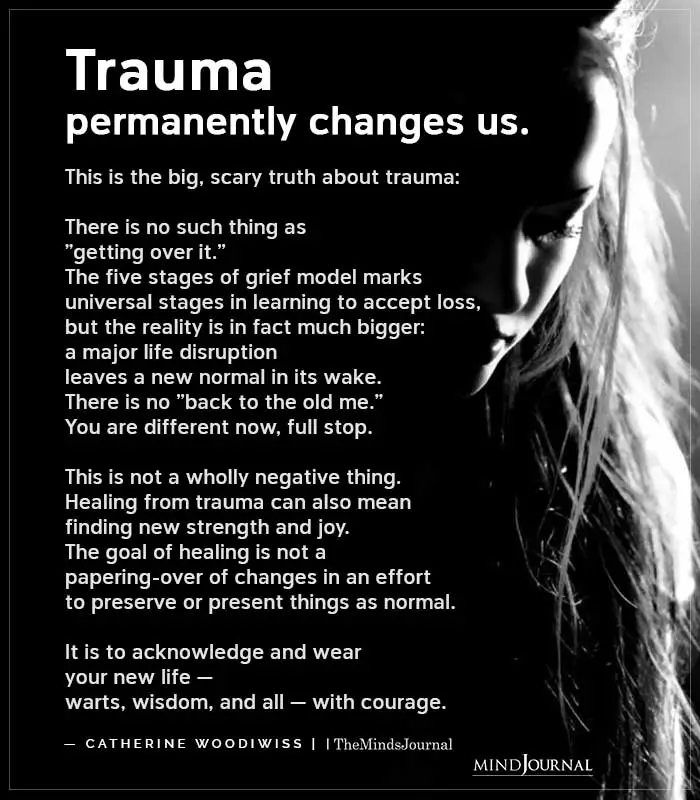
The study, featuring 286 subjects, of which 143 were parent-child combinations, came to the conclusion that where there was greater post-traumatic stress, there was also a greater sense of filial duty and obligation.
There have generally been multiple views about Holocaust survivors being at the mercy of inter-generational trauma – one which suggests that this isn’t true because different contexts have revealed the resilience of survivors and their offspring, another that is of the belief that the trauma has been passed onto subsequent generations, in a subtextual way.
There’s yet another view that brings the above two together, suggesting that the survivors are indeed resilient and that their own trauma responses are triggered when they undergo continual stress.
Across the world, indigenous tribes that have been displaced, disempowered, and disgraced from mainstream amenities and privileges, are also known to be distinct examples of inter-generational trauma.
Related: Broadening Our Understanding of Trauma: Why Context Matters
The “stolen generations”, or those children of Indigenous Australians who were snatched away from their families upon orders dictated by the Federal Government, have undergone severe crises in terms of health, financial stability as well as acceptance extended by mainstream society.
In fact, a study conducted by the Australian Institute of Health and Welfare and the Healing Foundation, reveals that there are more than 17, 000 surviving Indigenous Australians who were separated from their families.
The study also reveals that compared to other Indigenous Australians those belonging to the “stolen generations” are there times more probable to have been jailed in the last five years and twice as likely to have suffered violence and had to depend on welfare money.
The question that I have often asked though is, do only those people with severe histories of violence and discrimination undergo intergenerational trauma? In my opinion, each one of us has a component or two of inter-generational trauma locked away in us.
Because trauma isn’t just what one suffers at the hands of a context or people, but also a phenomenon where expression and release get held up.
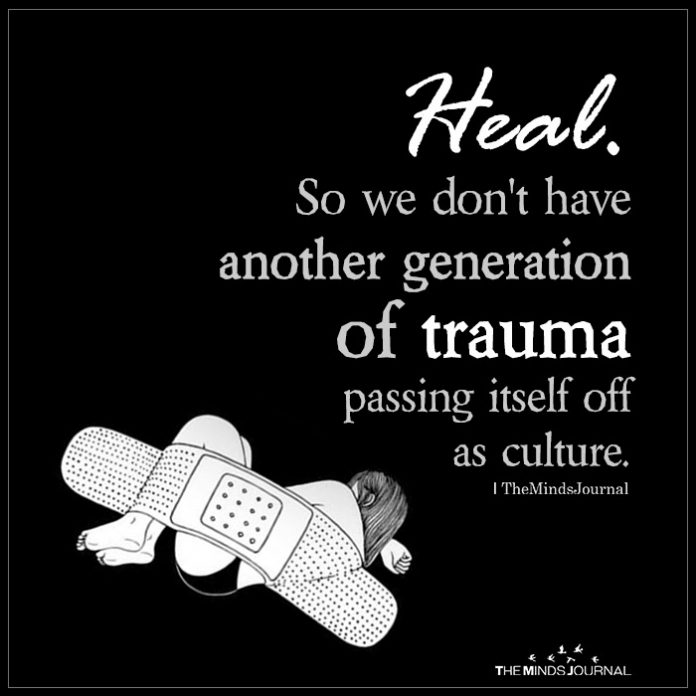
This results in symptoms floating up to the surface and showing up across generations. Let me take my own example here. On both sides of my parents, I know how many ancestors traveled far distances and kept settling and re-settling.
When I later got down to analyzing this, it occurred to me that some people in my family also carry this crazy love for travel.
However, when there is one thing, there also has to be its opposite, right? As I began to notice the underlying themes more and more, I realized these people also seem to carry a behavioral manifestation of “never being home”.
Related: Intergenerational Trauma: Can We Inherit Trauma?
I have experienced this push and pull within my own life experiences, and I can say that it was traumatic until I turned around and acknowledged it.
So,
What does it take to get to the root of intergenerational trauma?
“Transmission” is the main mode of carry-over when it comes to intergenerational trauma.
It may take place through stories and narratives rampant in your family of origin and may even be handed down non-verbally, in terms of what is appreciated and what is not, what is acceptable and what is not, and what might seem like a “script” when you do get down to connecting the dots.
If this topic somehow rings a bell for you, it might just be that you’re wanting to go deeper into your own history and ancestry.
Here are a few ways that I found helpful:
1. Keep yourself central to the theme
Let me deconstruct this in different words. It’s not that the trauma you may unconsciously carry began with you or will end with you.
It’s just that you’re the one who is now choosing to look at it squarely and contemplating ways to work with it.
The first step I took was to really find out how I feel being part of my own family, what are my fears and my apprehensions and what triggers an abnormal amount of anxiety in me. I continue to ask these questions and get some answers.
2. Start connecting the dots
I remember the time when I first had the feeling that I am intrinsically connected with my family of origin and that some aspects that enrage me or confuse me, aren’t just my own, I took a notebook and sat down.
I got in touch with feelings in the context of my family that I have always found convoluted and alongside wrote down things that I have repeatedly heard my mother, father, and grandmother convey in passing conversation or even like they were the last word.
I also looked at my own triggers and began to make connections with the ones I saw in them too.
Connecting the dots to get to your family’s specific intergenerational trauma is often slow and circuitous. Curiosity and compassion towards the narratives you’ve been able to unearth.
Related: How Trauma Responses Can Hijack Your Life
3. Take help to acknowledge
The topic of intergenerational trauma is a tough one and tougher when you try to get to the bottom of it, all by yourself.
Please don’t hesitate to work with a therapist if you can afford one, because this will allow you more opportunities for exploration while a dedicated person “holds space” for you. You may even want to look at therapies that have thematic resonances to this subject.
The one I can instantly think of is Family Constellation therapy, a form that takes you deeper into family narratives through embodiment, helping you to make connections and glean insights.
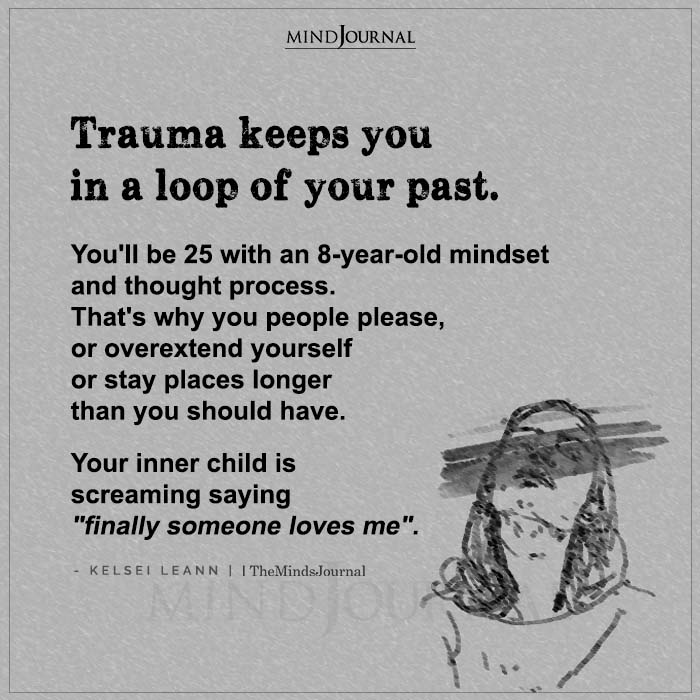
4. Make conscious changes
If you think about it, there’s one clear reason (amongst others of course) why trauma is transmitted from one generation to another.
When people stay unconscious of inherited patterns and are unable to access how their own narratives are linked to those of their family, the chances of transmission become higher.
If you get to the point of realizing what didn’t work for them and what of that you inherited as well, you can look at shifting from those patterns and moving into healthier patterns.
5. Accept you won’t be able to change it all
I have always believed I was born into the family I had to be born into. Now whether you are someone who believes in lessons across multiple lives or someone who swears by learn-all-you-can-it’s-just-one-life, one fact remains – you were born into this family and you had no conscious control of it (not that you know of).
So there will be aspects that will have been transmitted as part of your genetic code, aspects of which will never bubble up to your consciousness.
A part of healing is to accept that you went through certain circumstances as did your ancestors but that you now have the power to transform your life.
Related: The 7 Kinds Of Hidden Trauma That Shouldn’t Be Ignored
As the field of epigenetics grows, it becomes clear that our molecular memory binds us to all those who went before us. With some patience and some compassion towards who we were given birth to and ourselves, we can go a long way in the journey of healing from intergenerational trauma.
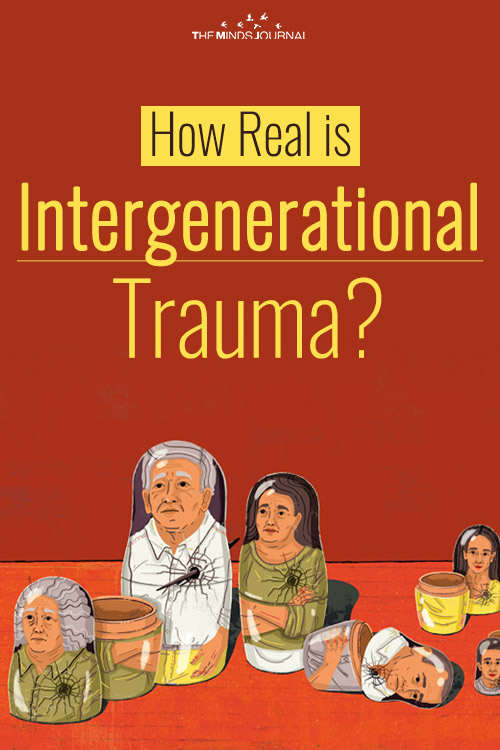
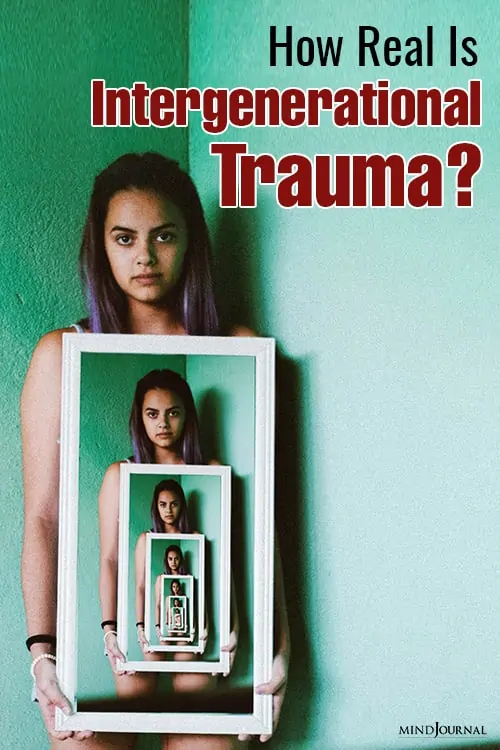
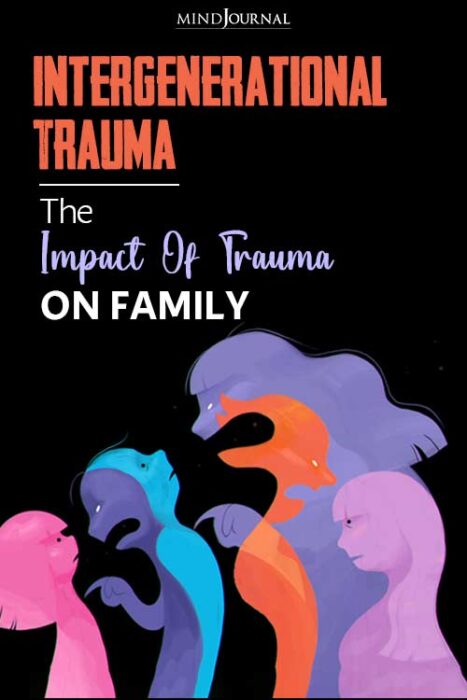
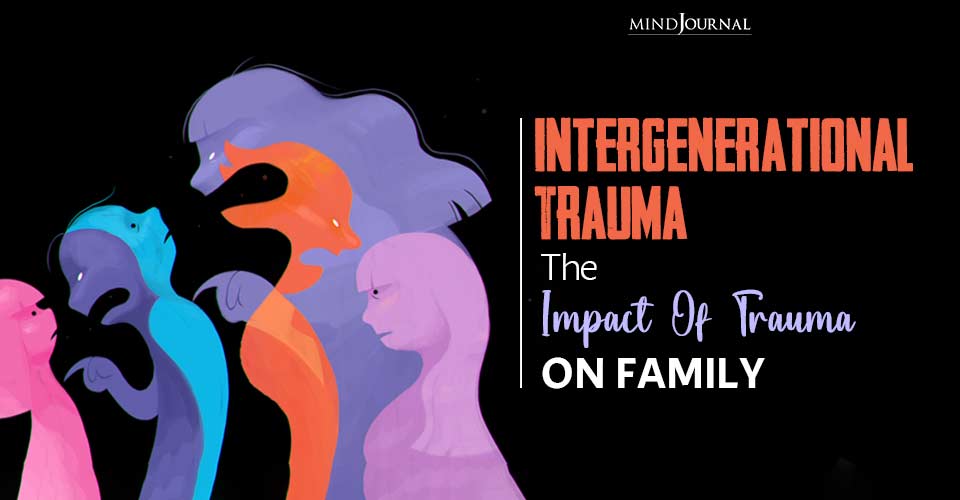





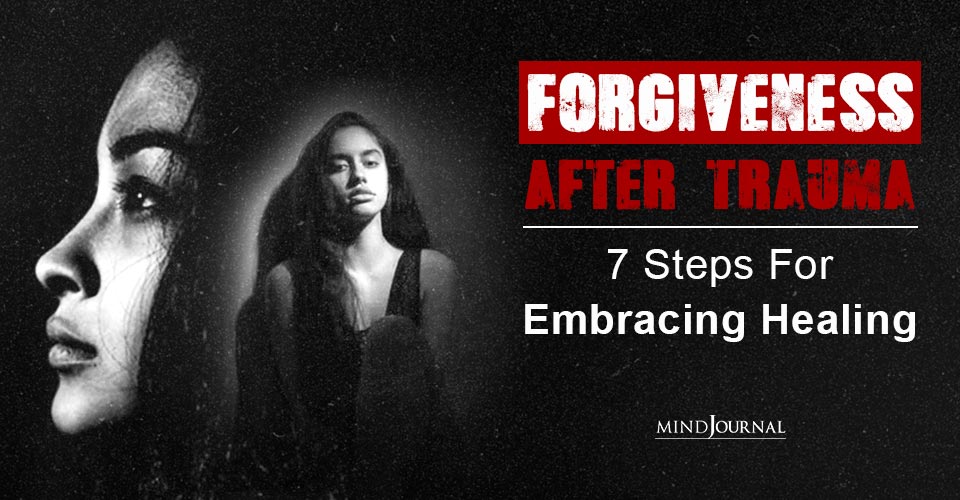

Leave a Reply
You must be logged in to post a comment.